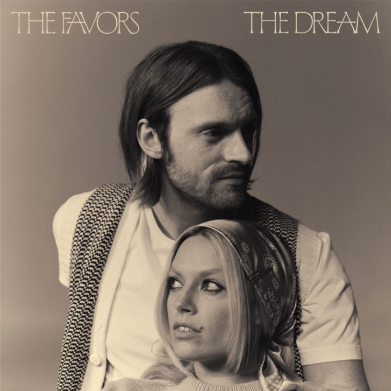A guide to being culturally sensitive this Halloween
Halloween is fast approaching and with it comes a deluge of costumes. Whether you are making your costume from scratch or stopping by Spirit Halloween, you have a range of ideas to choose from. However, when considering the myriad of possibilities, there is one thing to keep in mind — is my costume offensive or hurtful?
Cultural appropriation is defined as “the act of taking or using from a culture that is not your own, especially without showing you understand or respect this culture.” This act is notoriously prevalent during Halloween, committed mostly by people don’t get the implications of their costume. Anyone can be guilty of cultural appropriation, no matter their race or ethnicity.
An example of this in the media is the portrayal of a college party in the Netflix show, “Dear White People.” This show goes to the extreme and centers on a “blackface” Halloween party at a mostly white, Ivy League school. The disgust and anger displayed by the black community on campus hit home around the offensive nature of cultural appropriation. While this is a fictional example of an extreme case, we still need to be conscious of the costumes that we wear and what they represent.
To better understand cultural appropriation in terms of Halloween, I went to the four cultural centers on campus and spoke to some of the members. I asked them how they defined cultural appropriation, how to determine if a costume is culturally insensitive and how people can educate themselves to prevent appropriation.
“I think it’s ridiculous when people use Halloween as saying, ‘oh I’m going to respect your culture by being that,’” said Brooke Yuen, a public health science major and member of the Josephine White Eagle Cultural Center.
There is a difference between respecting a culture and appropriating it. Respecting a culture means educating yourself on the unique history, traditions and struggles of that specific group. Using a tacky outfit to represent a stereotype is not considerate, but ignorant. If you would like to educate yourself, the cultural centers are open from 1 p.m. to 9 p.m. Monday through Thursday. There are usually one or two members present who would gladly teach you about their culture.
“If your costume is targeting a specific group that not everyone can identify with, maybe you should rethink your position wearing that costume,” said Trinity Monteiro, a sport management major and member of the Malcolm X Cultural Center. If there is even a slight possibility that your costume may be offensive, then you should probably choose a new one.
UMass has actually created the “Simple Costume Racism Evaluation and Assessment Meter,” meant to help students to determine whether their costume is appropriate. This is displayed on several posters hung throughout campus residence halls, which pose questions such as: “Do you have to wear heavy makeup or a mask for the person to be recognizable?” “Does understanding your costume depend on an awareness of controversial current events or historically accepted cliches?” These posters raise awareness of inappropriate costumes and their ability to cause offense to certain groups of people.
College can be a time to push boundaries, but this should not extend to Halloween costumes.
“I didn’t even know cultural appropriation was a thing until I came to college,” said Sabrina Moreta, a biology major who is a member of the Latinx American Cultural Center. Learning to be culturally sensitive is easy, but many people are still ignorant.
Most of the insensitive costumes seen on campus are sexualized representations of people or dress from another culture. For example, a sexy geisha would be offensive to members of the Asian American community on campus. Any depiction of a Native American is also inappropriate. If you are representing a character of a culture different than your own, you are appropriating.
Here are some costumes that should not be worn this Halloween:
- Pocahontas
- An Egyptian Goddess
- A gypsy
- A geisha
- Any type of headdress
If a costume requires you to change the color of your skin, it should not be considered, unless you are painting yourself green to portray Frankenstein. Also, traditional outfits worn by certain communities have symbolic meanings behind them and should not be worn casually.
If you still have any doubt about whether your costume could be considered offensive, it is best for you to choose a different costume. Sam White, from “Dear White People,” said it best — “Here’s a list of acceptable Halloween costumes: a pirate, slutty nurse, any of our first 43 presidents. Top of the list of unacceptable costumes: me.” Be sensitive, and educate yourself on cultural appropriation.
Email Patrick at pkline@umass.edu or follow him on twitter @PaterickKline

"I walk, I look, I see, I stop, I photograph." - Leon Levinstein
Email Patrick at pkline@umass.edu and follow him on Twitter at paterickkline











